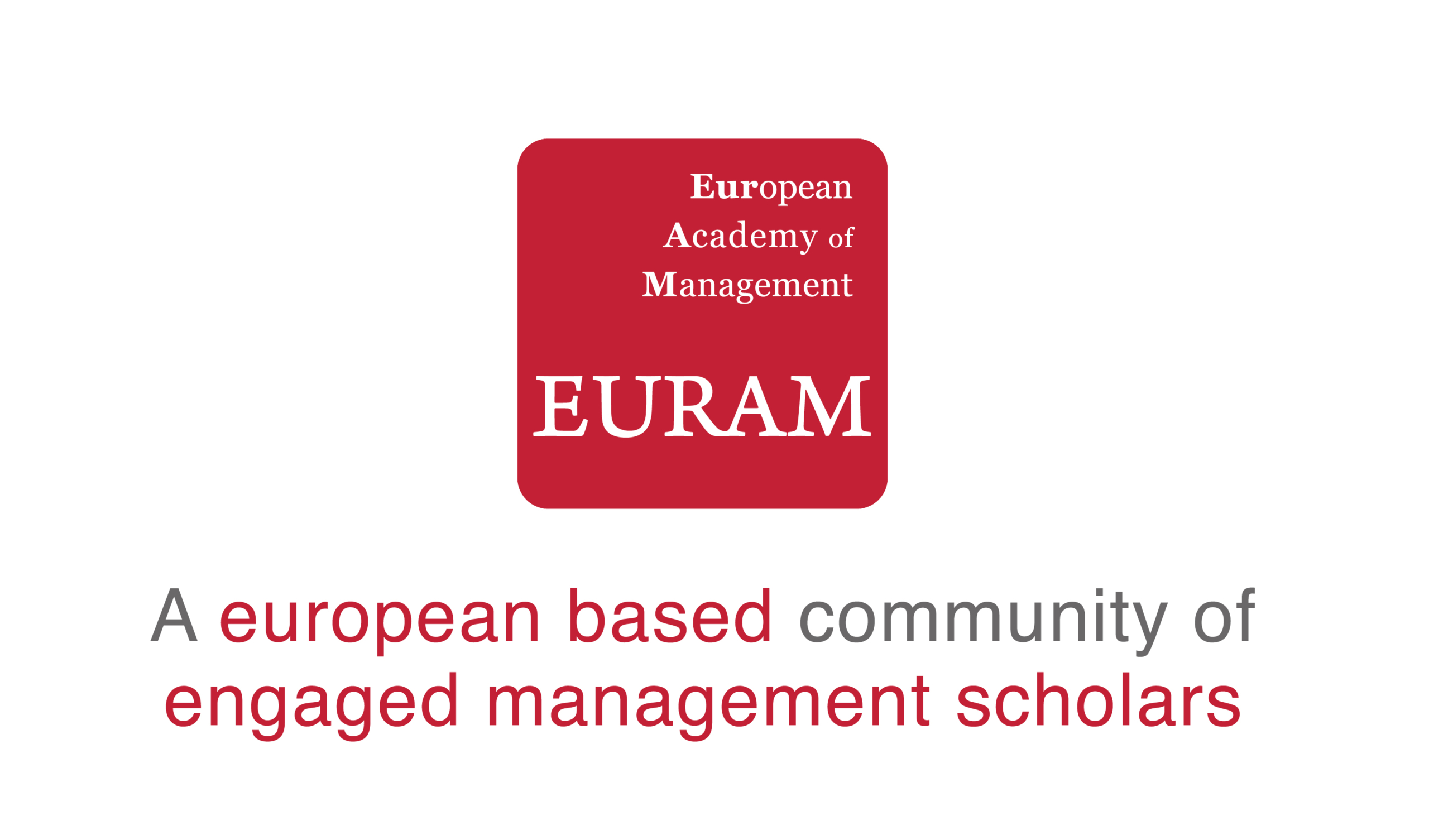Geopolitical threats, demographic shifts, multidimensional interdependencies, conflicting demands, unpredictable breakthroughs and technological changes coupled with excessive regulation – particularly in the European context – compel organizations to focus on flexibility and adaptability to navigate uncertain conditions. In an era of disruption, management requires agility, innovation, and resilience across organization’s operations:
- Strategic disruption encompasses fundamental changes in the political environment, market structures, technologies, and business models.
- Marketing disruption refers to radical transformations in how companies interact with customers, the characteristics of products and services, and communication channels.
- Supply chain disruptions can lead to unexpected interruptions in the flow of goods and services.
- Disruption in human resource management results from technological and social changes that redefine employee roles and competencies.
Additionally, institutional disruption – radical changes that challenge long-established norms, rules, and organizational structures, is becoming more pronounced. Understanding this process is crucial for organizations that must adapt to the disintegration of traditional structures and seek new pathways for development. Key aspects of institutional disruption include:
- Regulatory transformations – changes in legislation and public policies that redefine competitive landscapes and organizational strategies.
- Technological disruptions at the institutional level – the development of artificial intelligence, blockchain, and digital governance structures replacing traditional institutional mechanisms.
- Market deinstitutionalization – the decline of traditional industry structures and the emergence of new business and institutional models.
- Social and cultural transformations – increasing expectations for ethical and sustainable business practices reshaping corporate governance.
Breakthrough changes do not only affect individual organizations but often impact entire sectors, requiring a comprehensive approach to management. The conference theme encompasses a wide range of research on strategies that enable organizations to effectively operate in times of uncertainty. Key areas include organizational resilience, paradox management, agility, risk management, and innovative business models. In this context, studying institutional disruption enables a deeper analysis of the processes leading to transformation and the search for new adaptation strategies.



